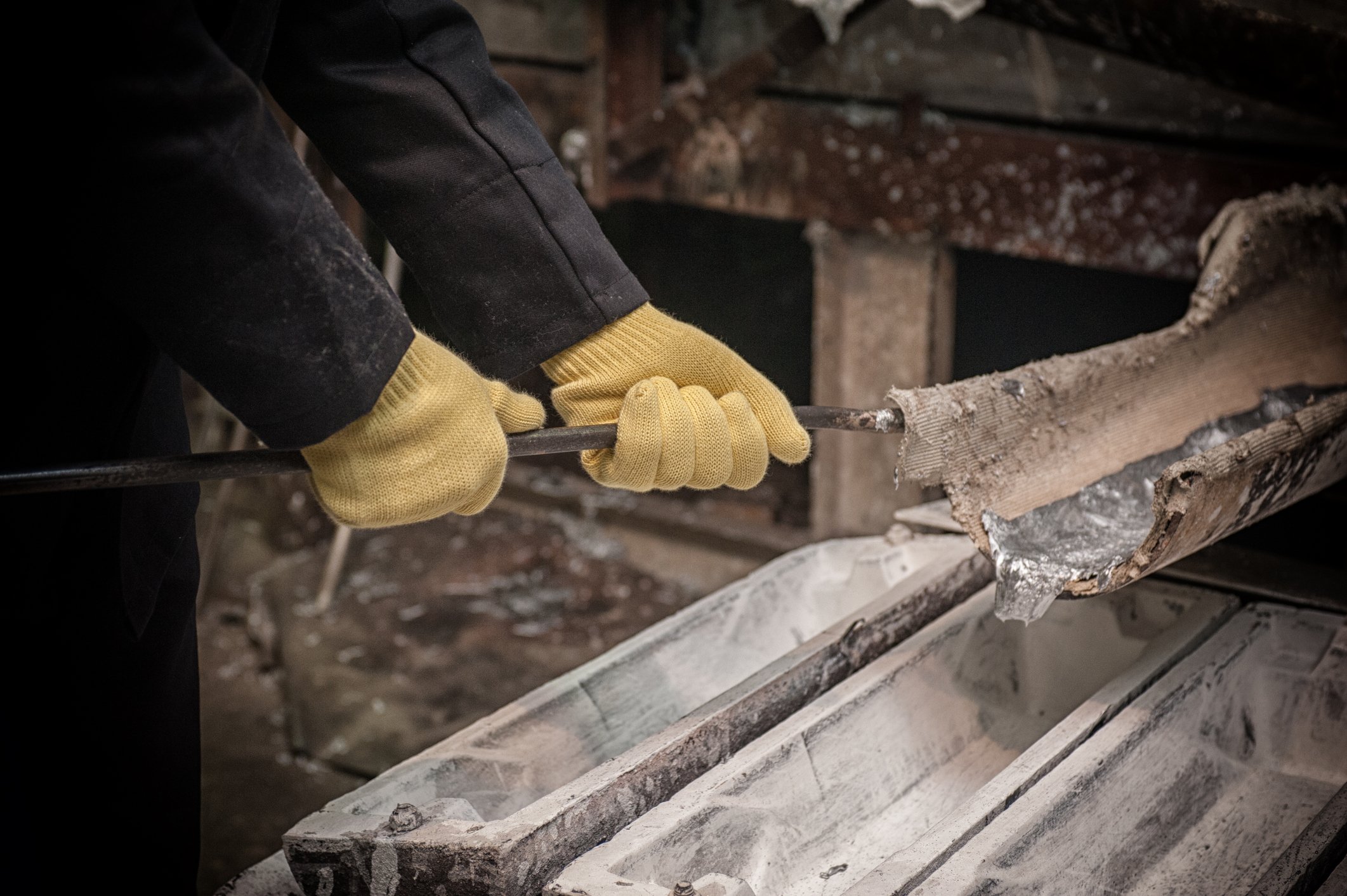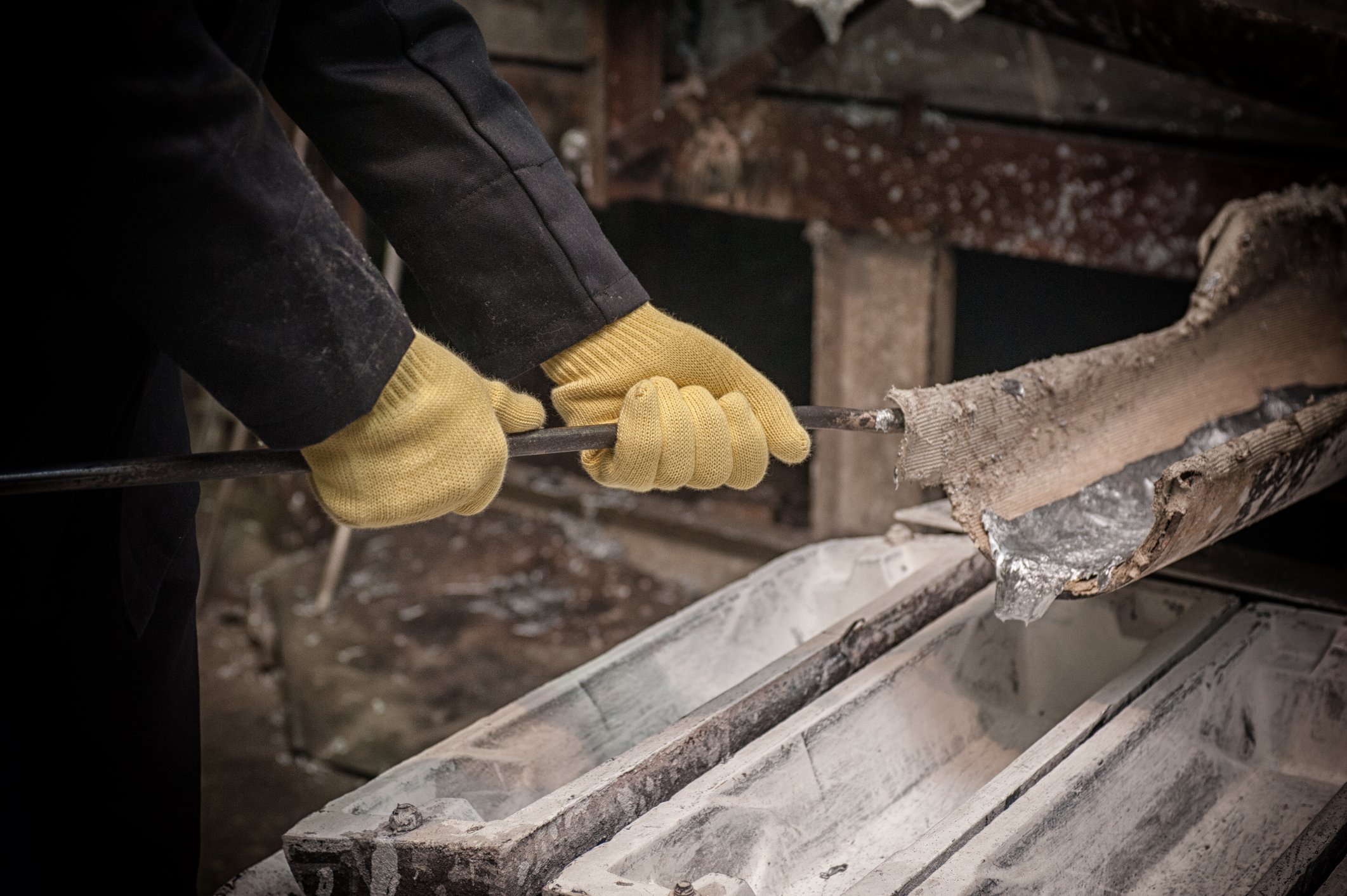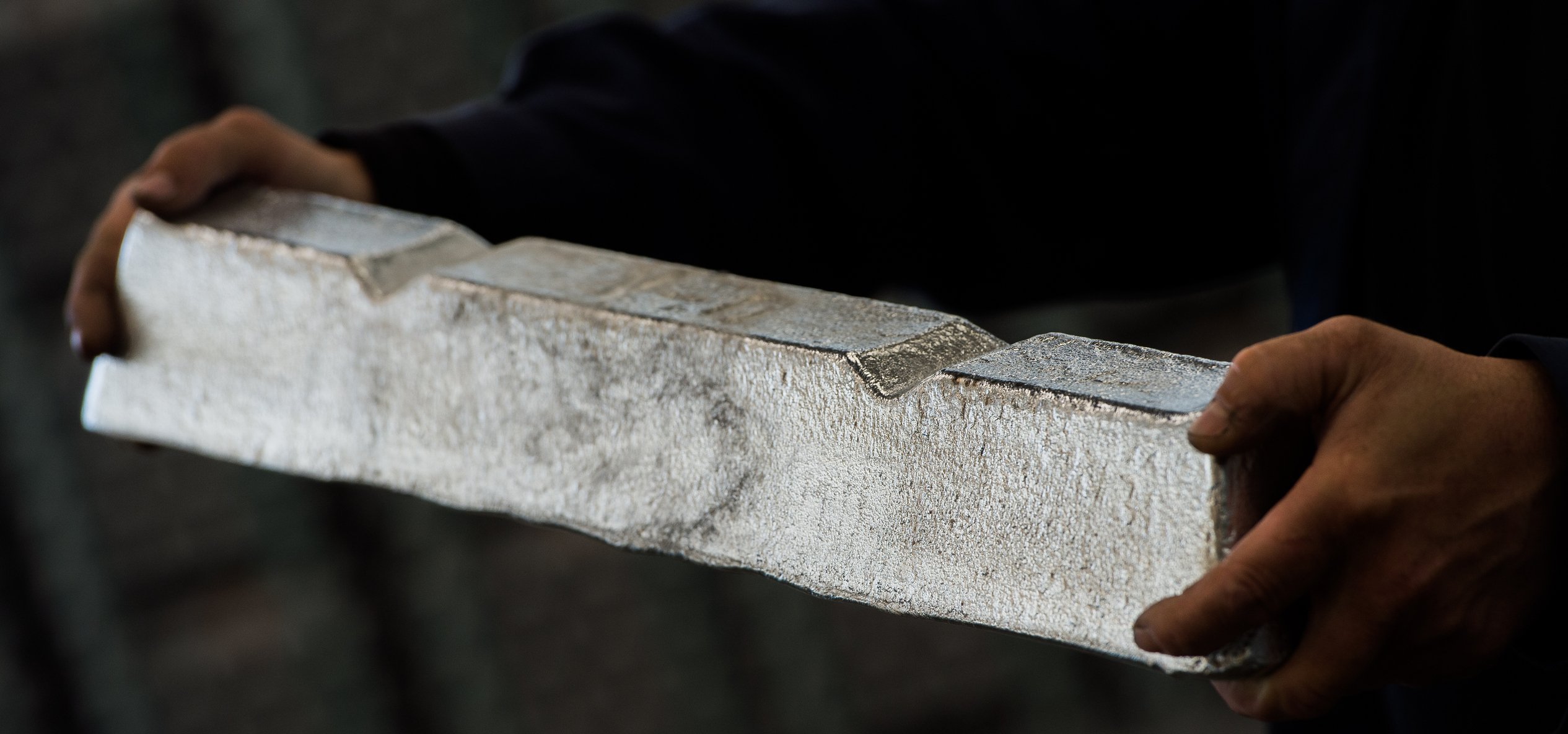What happened
Metal-maker stocks exploded higher on Wednesday, with shares of aluminum producers Alcoa (AA +0.00%) and Century Aluminum (CENX +4.39%) climbing 11.4% and 10.7%, respectively, while titanium producer Tronox (TROX +4.95%) closed 10.3% higher.
The aluminum producers' rise is easier to explain than Tronox's jump.
So what
Bloomberg reported today that China, historically a large aluminum exporter and the source of about 50% of all aluminum produced globally, is shifting into import mode.

Image source: Getty Images.
As Bloomberg explained, the difference between the cost to produce aluminum outside China and the prices that can be fetched by selling the metal inside China hasn't been this great since 2016. Aluminum prices in China, it is said, rose $140 per ton last week as its economy reopens for business post-pandemic. At the same time, demand elsewhere in the world remains depressed and mired in a likely recession. Moreover, aluminum inventories are down 40% in China since late March, versus a mirror-image surplus of the metal abroad, where London Metal Exchange warehouses have seen their stockpiles expand by 40%.
Result: Cheap aluminum outside China, but expensive aluminum inside, where construction and manufacturing operations are finally starting to spin back up. And this creates an opportunity for companies like Alcoa and Century Aluminum to profit from the China trade.
Could something similar be going on in the titanium market that's driving Tronox's stock price? Bloomberg didn't speculate on that, but it would seem logical that if industrial and manufacturing demand for one metal is growing in China, but moribund outside the country, then that situation might hold true for other metals, too. Without any other news apparently moving the titanium market today, my bet is that this is why Tronox stock moved Wednesday as well.
Now what
Aluminum (and titanium, for that matter) is a cyclical industry, wherein low supply creates high prices until supply rushes in to satisfy demand, and drive prices down. It's not clear how long the bull market for aluminum in China will last, nor is it clear that even a bull market in China would turn Alcoa profitable again. The company lost $1.1 billion last year, even before the coronavirus came along. And according to data from S&P Global Market Intelligence, it's lost money in three of the last five years. Century Aluminum, meanwhile, lost money in four of the last five years, including last year, and Tronox lost money in all five years.
Given that performance and the uncertainty over how long prices in China might remain high enough to offer bumper profits, I'd be leery of jumping onto this train.







